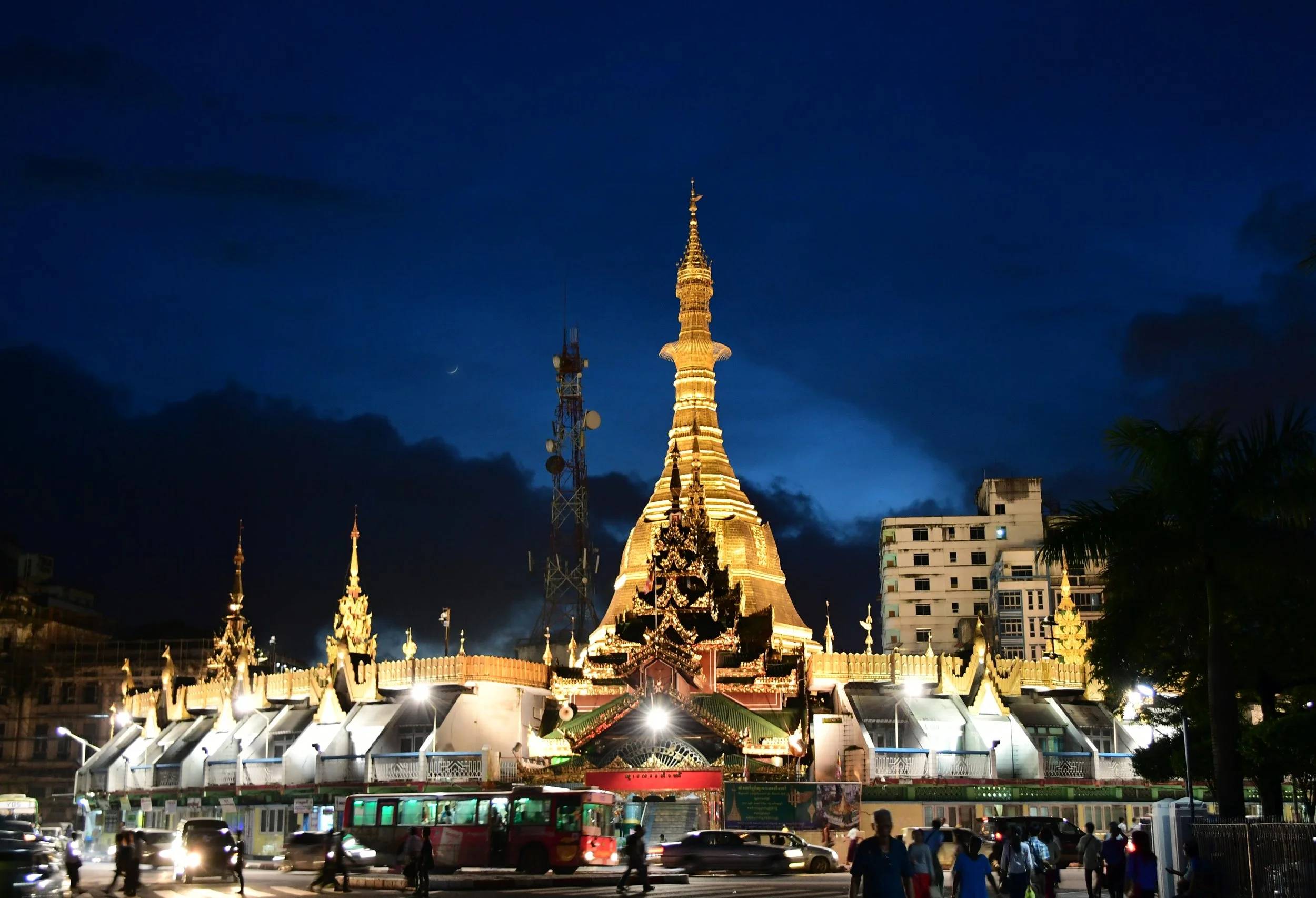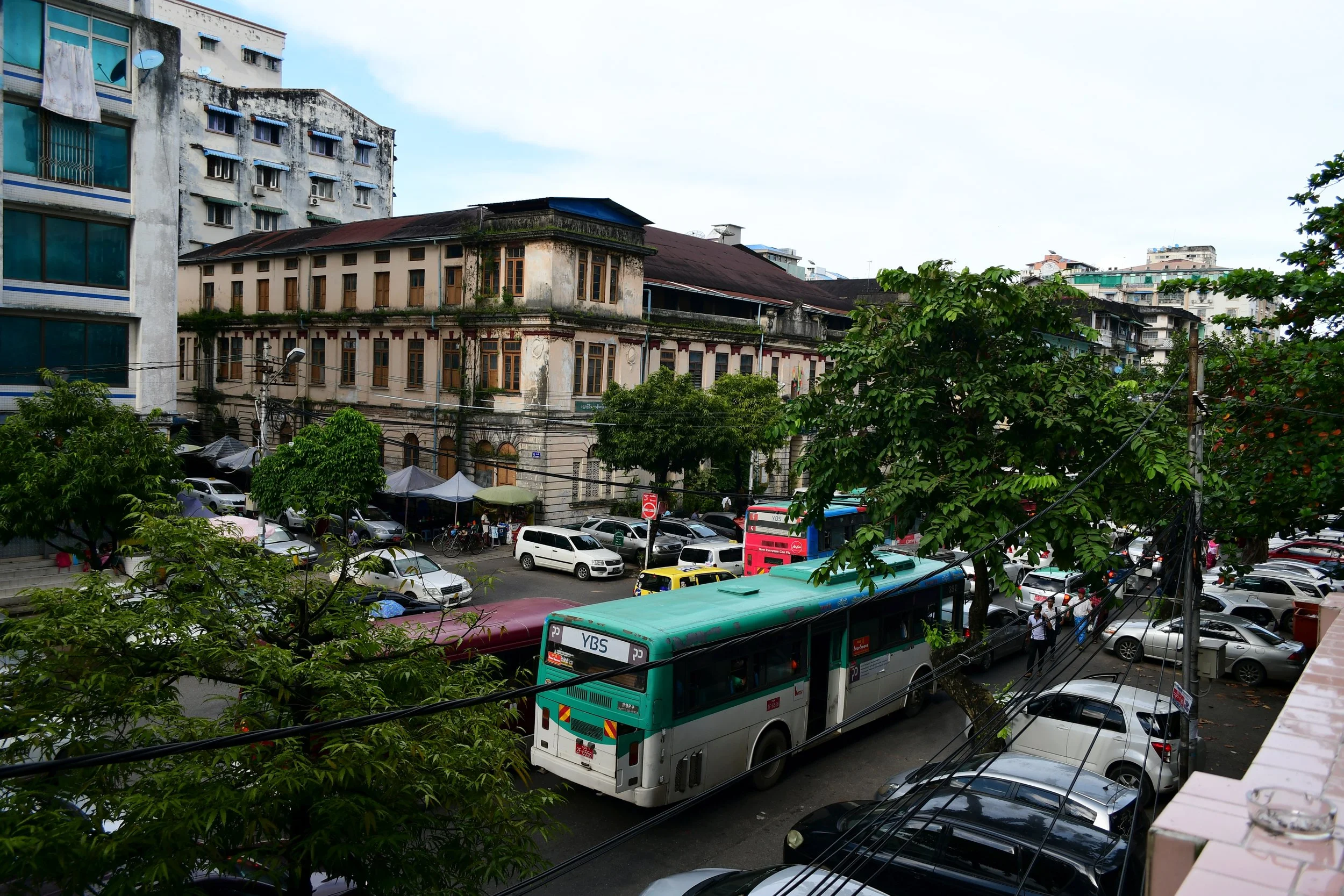Before September, I had never been to Myanmar (Burma).
The only contact I had with the country was through the gemstone sellers I met in the gem fairs here in Singapore (which I will be a part of later this month of October - more on this later).
I had read stories and watched documentaries and news reports about Myanmar and I wondered what it was really like. Was it truly what the media had portrayed it to be?
So, when I was presented with an opportunity to be a part of the Professional Development Conference 2017 in Yangon, I jumped on board as soon as I could. Let me say here that it was an excellent decision.
Granted that Yangon is a major commercial centre and a large city and, thus, not an accurate representation of a country with more than 900 times the land area of Singapore and nearly 10 times as many inhabitants, it was still quite an experience to have met and conversed with the locals there.
I found them to be friendly and approachable, welcoming and ever-willing to lend a helping hand. Their culture is one of resourcefulness and I experienced a deep hunger in them to connect and to learn. I hope to be of service to them in the near future and onward.
I decided to expound on some of the observations I had while on this trip. Here they are:
1) Respect for the Buyer is Important
Walking through Bogyoke Market, there were hardly any touts or loud callers. It was nothing like the noisy 'fish markets' my primary school teachers used to compare my class to. The business practice seemed to be one where the buyer approached the seller only when he/she was ready to browse or buy, and only when the buyer was close will the seller start promoting his/her wares.
Many of the sellers I met had also invited me to return even when I was merely browsing. Those that I had bought from made it a point to remind me that I was always welcome to visit them again. There was an open-ness in their invitations and many even offered bottles of water and chairs to sit on while I was at their stalls.
This spoke to me of a respect that the seller had for the buyer, especially in terms of comfort and personal space. It was one of the reasons I so enjoyed the markets and street stalls in Yangon. I didn't feel the pressure of having to repeatedly decline sales-y advances and persistent offers to be of assistance when I didn't want any because there was always a respectful distance between buyer and seller that the seller did not close unless the buyer desires it.
2) Polite and Indirect Speech Works
Before my trip to Myanmar, I had heard that the locals use a lot of word play and indirect allusions to meanings in their conversations. Though I hardly understand the language, I see this 'indirect-ness' in many ways.
When talking to many of the business owners I met, though they are glad and willing to talk about their business dealings, they rarely speak of their connections, no matter how impressive they may be, unless asked directly or the conversation obviously veers in that direction.
This reminds me of the very British trait of indirect, polite speech, where the hearer is expected to listen carefully and deduce the meaning of the words spoken. It makes for high formality and a certain amount of rigid-ness (both are still stereotypical traits of the British even today) but it produces a culture of sophisticated social skills and less in-your-face confrontations.
Perhaps, being an ex-British colony, Myanmar has assimilated some of this into her own culture. Though I have to wonder why Singapore, also an ex-British colony, has lost all traces of this subtlety and social grace.
3) Communications Take Time
Being in a fast-paced modern society means that everything needs to happen 2 minutes ago.
In Yangon, though Wi-Fi and Internet services are as commonplace as honking vehicles (quite an annoyance, really), there is still a certain slow-ness of pace.
I found that e-mails aren't read and replied at the feverish pace most of us in Singapore are used to, messages are hardly acknowledged, let alone replied to, and even phone calls take repeated tries to get through.
It gets a little frustrating sometimes but, through prior experience, things eventually fall into place. Not always the way we wanted or expected them to, but they do work out somehow.
This reflects the inventive-ness of the locals and it highlights their need to come up with unusual solutions in order to survive in a somewhat chaotic environment.
Things really do take time in Myanmar and this isn't necessarily a bad thing. If anything, we need to learn to slow down and smell the roses rather than expect everyone else to speed up. It will make for a more interesting life.


